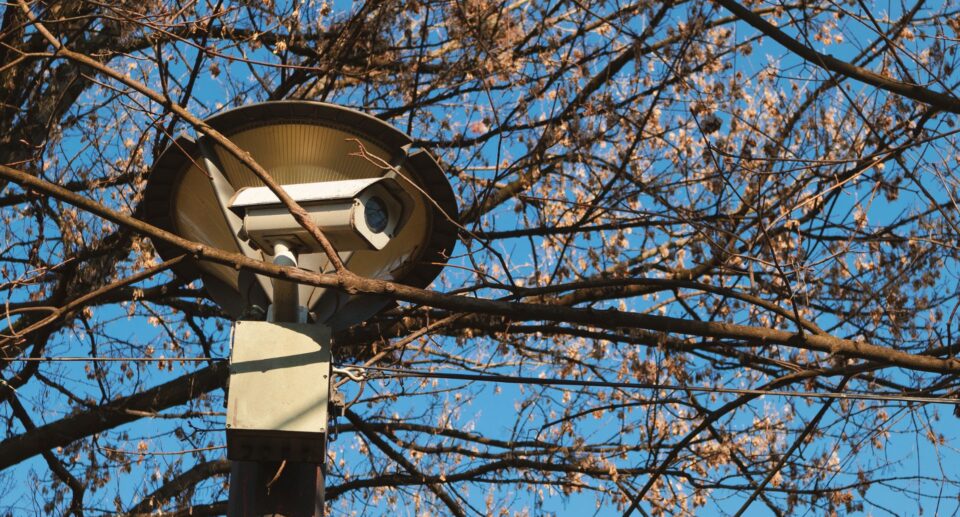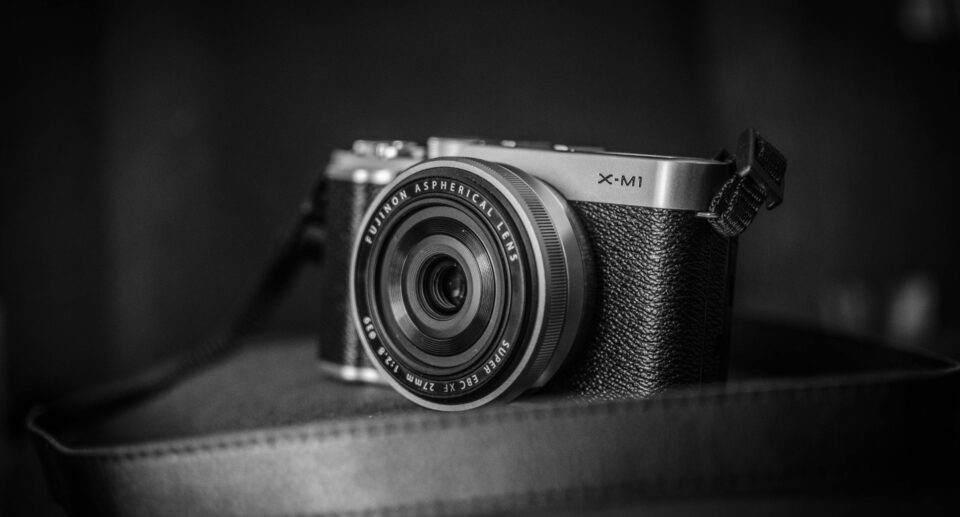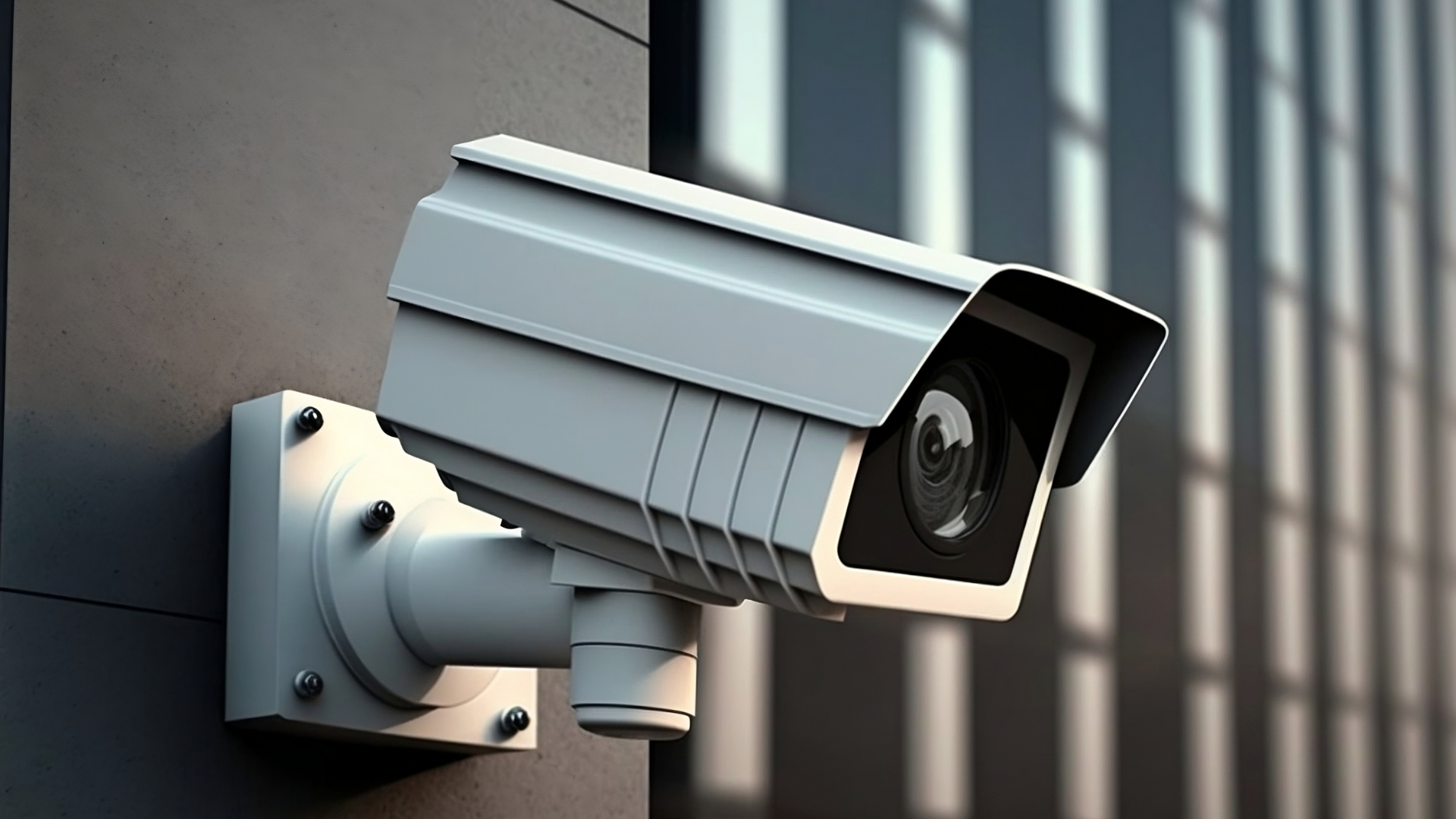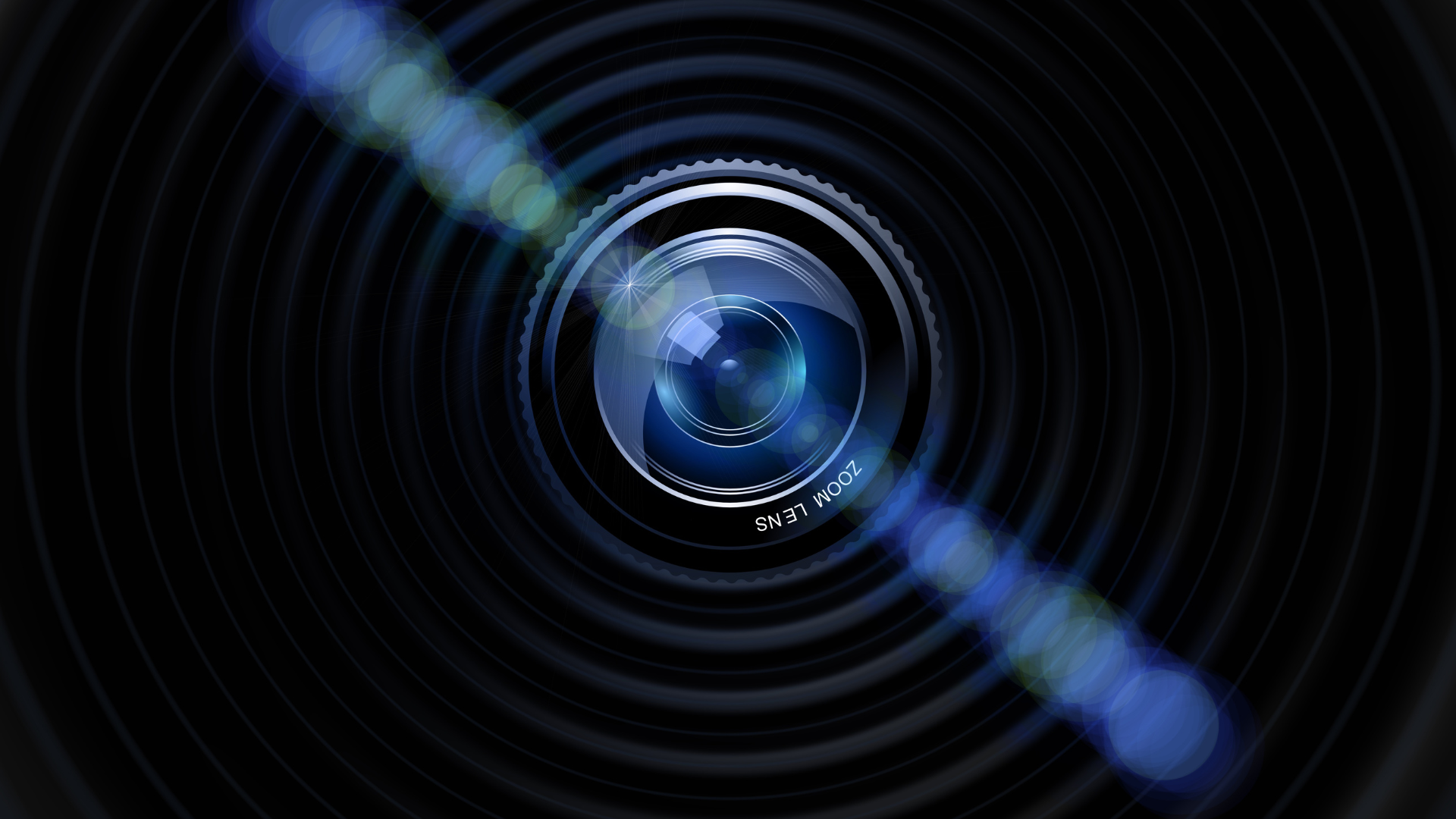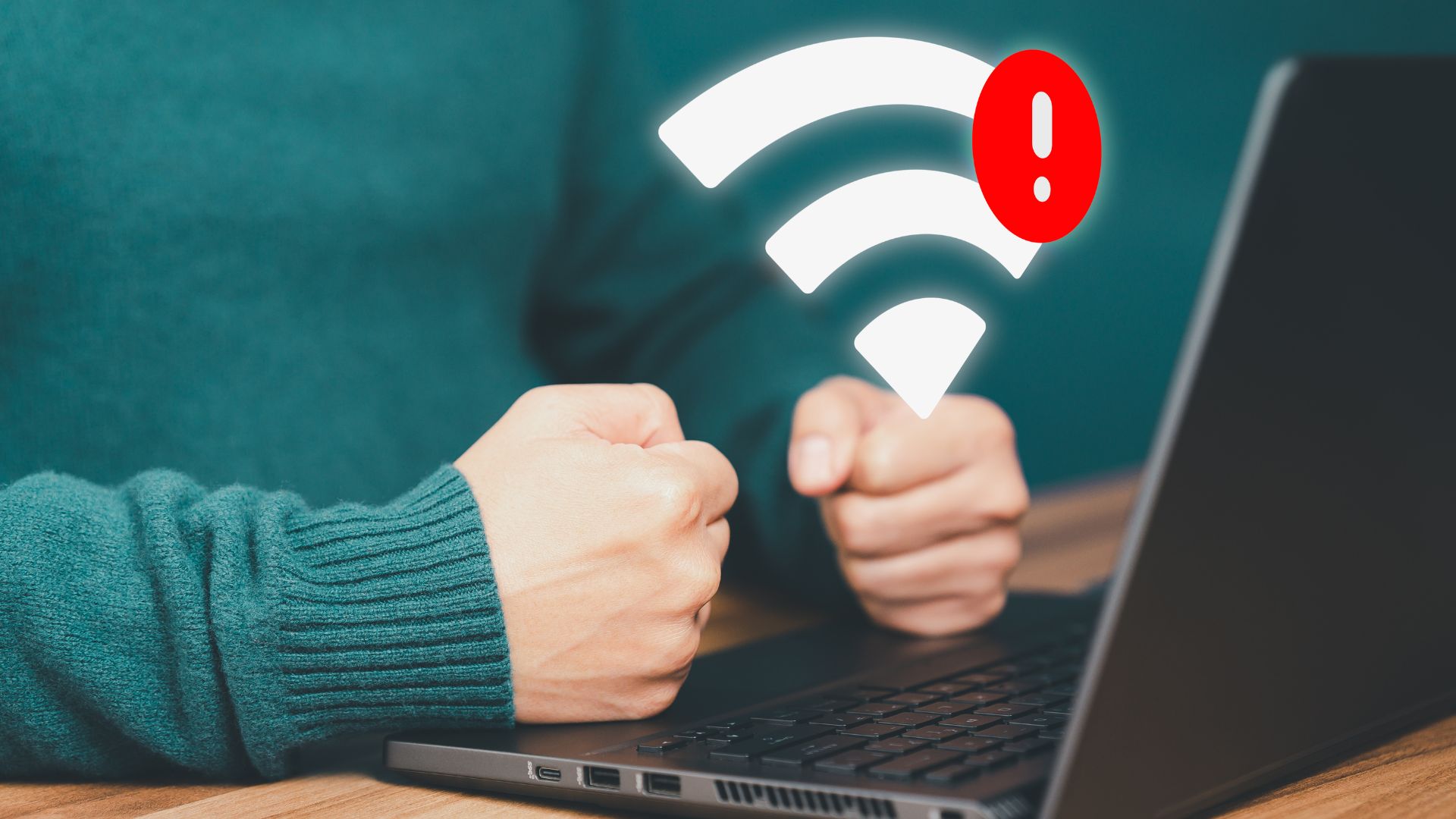Are Hidden Cameras Illegal? Protecting Your Rights
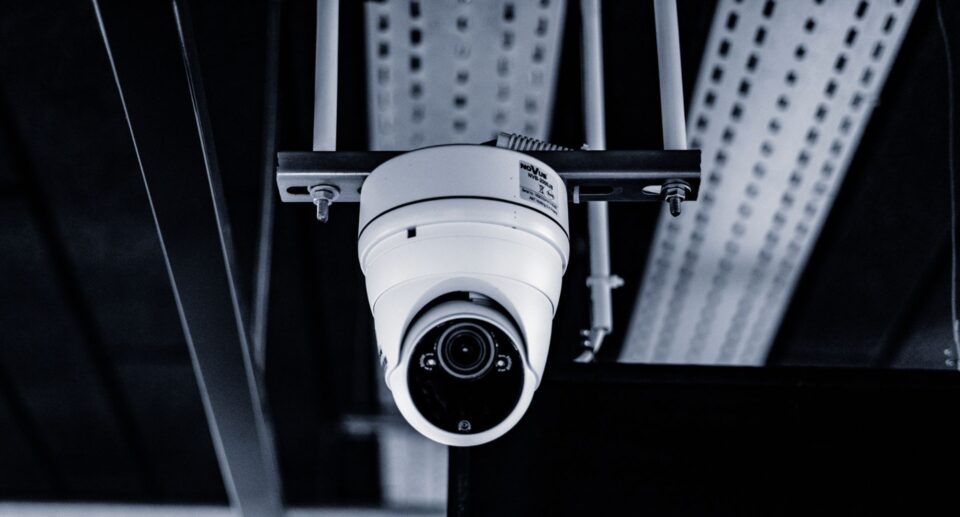
With the increasing affordability and accessibility of surveillance technology, hidden cameras are now more common than ever. From nanny cams inside teddy bears to covert surveillance in workplaces or rental properties, these devices raise serious legal and ethical concerns. The idea of being recorded without your knowledge can be unsettling. So, the big question is: Are hidden cameras illegal? The answer isn’t as straightforward as a simple “yes” or “no.” The legality of hidden cameras depends on several factors, including location, purpose, consent, and whether audio is involved.
In this guide, we’ll dive deep into the laws surrounding hidden cameras in the United States, help you understand your rights, and explain how to protect yourself from unauthorized surveillance.
The Legality of Hidden Cameras: Federal and State Laws
In the United States, there is no overarching federal law that explicitly prohibits the use of hidden cameras. Instead, the legality of using these devices is primarily governed by state laws, which vary significantly from one jurisdiction to another.
Generally speaking, it is legal to install a hidden camera in your own home for security purposes, as long as the camera is placed in a non-private area such as the living room, driveway, or front door. However, if you install a hidden camera in areas where individuals have a reasonable expectation of privacy—like bathrooms or bedrooms—the act can become illegal, even in your own home.
Some states have specific laws that require the consent of all parties being recorded, particularly when audio is involved. Others follow the “one-party consent” rule, meaning you can record a conversation as long as one party (which could be you) knows about it. This makes a huge legal distinction between video surveillance and audio recording, with audio being much more strictly regulated.
Where You Can Legally Place Hidden Cameras
In general, the law allows the use of hidden cameras in public or semi-public spaces where there is no reasonable expectation of privacy. This might include:
- Hallways
- Office entrances
- Retail stores
- Front porches
However, surveillance in private settings—like hotel rooms, restrooms, locker rooms, or someone else’s home without permission—can quickly cross the line into illegal territory. Even in your own home, placing a hidden camera in someone else’s bedroom or bathroom without their consent is likely a violation of privacy laws.
For landlords, the rules are even more specific. Installing cameras in rental units without notifying tenants can constitute a serious invasion of privacy. Most states require landlords to disclose any surveillance equipment inside the property and prohibit recording in private areas.
Hidden Cameras and Workplace Surveillance
Employers may use surveillance equipment to monitor workplace activities for safety, productivity, or protection against theft. However, there are boundaries in place. While it is usually legal for employers to place cameras in common work areas—like entrances, warehouses, or break rooms—it is not legal to place hidden cameras in restrooms, changing rooms, or any space where employees might expect privacy.
Additionally, some states require employers to inform workers if they are being monitored. Failure to disclose such surveillance could lead to legal action. Employees also have rights under federal labor laws and state constitutions that protect their privacy and due process.
Audio vs. Video Surveillance: A Legal Distinction
One of the most important distinctions in hidden camera legality involves whether the camera records video only or video with audio. Recording video without audio is generally legal in many places, especially in public areas or your own home. However, once audio is involved, different rules apply.
Many states follow a “one-party consent” rule, which allows audio recording if at least one person in the conversation knows it’s being recorded. However, 11 states, including California, Florida, Illinois, and Massachusetts, require all-party consent. This means everyone involved in the conversation must agree to the recording, and failure to comply could lead to criminal penalties.
If you’re installing a hidden camera that captures audio, you should research your state’s wiretapping or eavesdropping laws to ensure you’re not unintentionally breaking the law.
Surveillance in Airbnb and Rental Properties
The use of hidden cameras in short-term rentals such as Airbnb has sparked widespread concern. Airbnb allows hosts to use surveillance cameras, but strict rules apply. Hosts must disclose the presence of all cameras, even if they are not actively recording or located in common areas.
Cameras are not allowed in any private spaces, such as bedrooms or bathrooms, and hosts who violate this policy can be removed from the platform. Still, there have been numerous reports of guests discovering hidden cameras where they shouldn’t be.
If you’re staying in a rental property and suspect you’re being secretly recorded, you can take several steps: inspect smoke detectors, alarm clocks, and unusual devices; use apps or scanners to detect wireless signals; and report suspicious findings to the platform and local authorities.
What to Do If You Discover a Hidden Camera
Discovering a hidden camera in a private space can be alarming. If you find one, it’s important to remain calm and act methodically. First, document the device—take photos and note its location. Avoid tampering with or destroying the camera, as doing so could complicate any legal proceedings.
Next, contact the authorities to report the discovery. Law enforcement can determine whether the surveillance is legal or if a crime has been committed. If you’re staying in a hotel, Airbnb, or rental unit, alert the management or the hosting platform immediately.
In certain cases, you may also want to consult with a lawyer, especially if you believe your privacy rights have been violated and you wish to pursue legal action.
Protecting Yourself from Unauthorized Surveillance
As surveillance technology becomes more discreet, protecting your privacy requires vigilance. If you’re concerned about hidden cameras in your home or while traveling, there are tools and techniques to help you detect them.
You can use:
- RF detectors to find hidden wireless signals
- Infrared lights or your phone camera to detect infrared sensors in dark rooms
- Network scanning apps to identify unknown devices connected to Wi-Fi
When renting a property or staying in a hotel, inspect common hiding spots like smoke detectors, air purifiers, wall decor, electrical outlets, and digital clocks. Trust your instincts—if something seems out of place, it may be worth a closer look.
Your Rights and Legal Recourse
If you’ve been unknowingly recorded by a hidden camera in a situation where you had a reasonable expectation of privacy, you may have grounds for legal action. Depending on the circumstances, this could involve criminal charges, civil lawsuits, or both. Victims can sue for invasion of privacy, emotional distress, and other related damages.
Keep in mind that proving intent and harm is key to a successful case. That’s why it’s crucial to gather as much evidence as possible, including photos, witness statements, and expert analysis of the surveillance device.
Conclusion
The question of whether hidden cameras are illegal hinges on a complex mix of location, consent, purpose, and local law. While the use of surveillance devices can be legal in many circumstances, privacy laws exist to protect individuals from unwarranted intrusion—especially in places where privacy is expected.
Whether you’re a homeowner, tenant, traveler, or employee, understanding your rights around hidden cameras is crucial in today’s surveillance-heavy world. By staying informed and cautious, you can protect your personal privacy and take appropriate action if it’s ever violated.





